A new kind of education is emerging…
We are stuck in an old paradigm, with institutional structures that control and define our lived experience, built for a world that no longer exists.
Within education, passionate entrepreneurs and committed citizens are no longer waiting for these broken formal institutions to be reformed. All over the world, they are designing and building their own local responses with relationships at their core. These are the education ecosystems that our young people need and out of which new institutions will emerge.
The Future Learning Design podcast is an inquiry into these fundamental changes and an invitation to you to join the movement to help nurture the positive change.

Listen and Subscribe
Over 200 episodes with thought-leaders, entrepreneurs, educators.
Hosted by Tim Logan, Partner at Good Impact Labs.
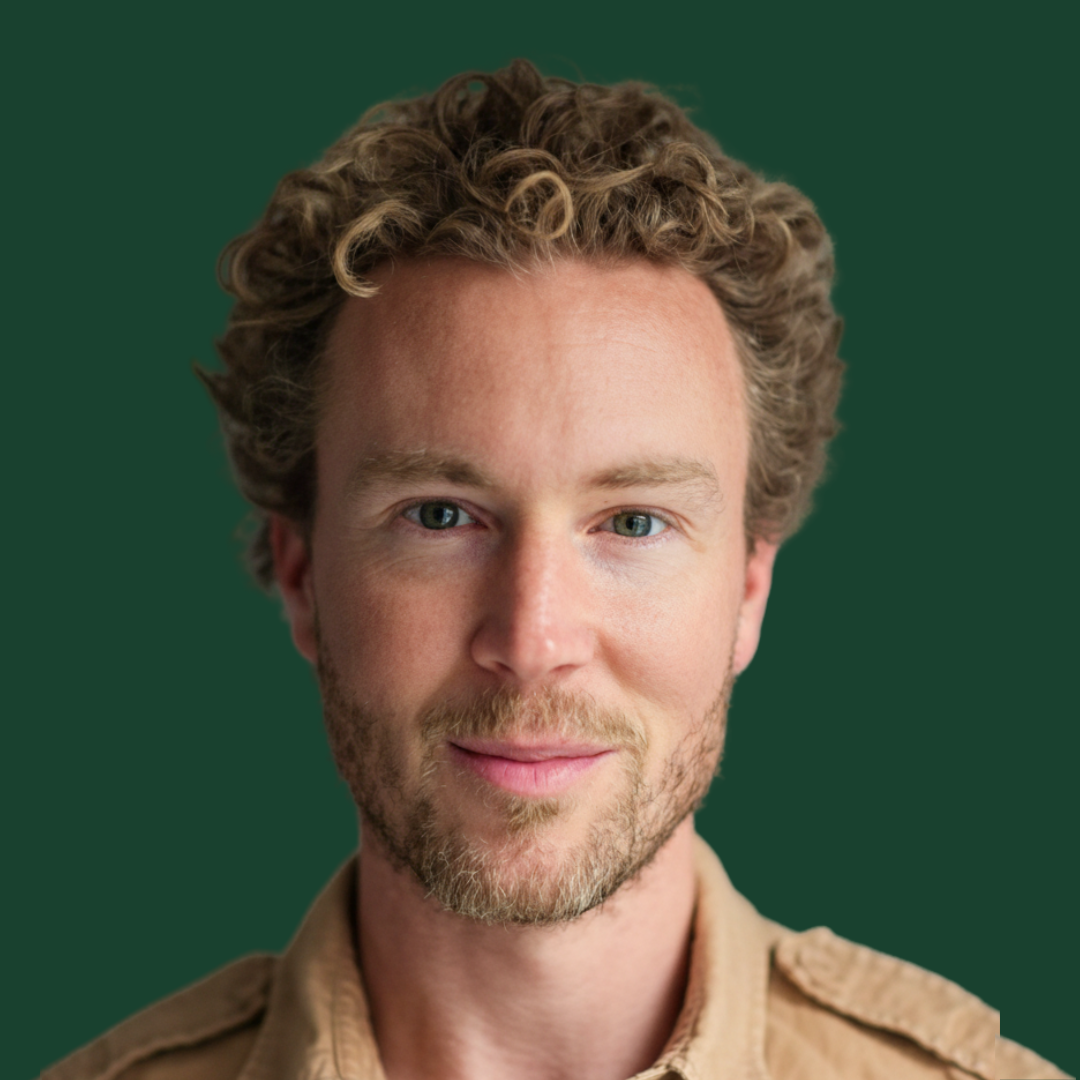
Learning to Think Like a Forest - A Conversation with Ben Rawlence
One of the best things about this job is that I get to find out about and share some of the most exciting new developments in education all over the world, sometimes in the most unexpected places. My guest this week, the writer, human rights activist, turned educational entrepreneur Ben Rawlence and his amazing team are building just that in a small market town called Talgarth in mid-Wales. Black Mountains College is an incredible institution working with young people locally in mid-Wales and from across the UK, set up as an alive and direct response to the climate and ecological emergency to help create a future in which nature and human societies thrive.

Embodied Critical Thinking - A Conversation with Donata Schoeller and Sigridur Thorgeirsdottir
There aren't many things that prompt widespread agreement from people on all sides of the various educational debates. But whatever your educational stripes, young people becoming better critical thinkers usually gets unanimous support. And, arguably, it's being recognised as increasingly important in a world full of AI-generated content and chatbots pretending to be your friend! So I was completely fascinated when I discovered the work of my guests this week, who, as professors of Philosophy, are exploring the often overlooked embodied process of what it feels like to engage in critical thinking and how that process gets shaped by our experiences and inspirations.
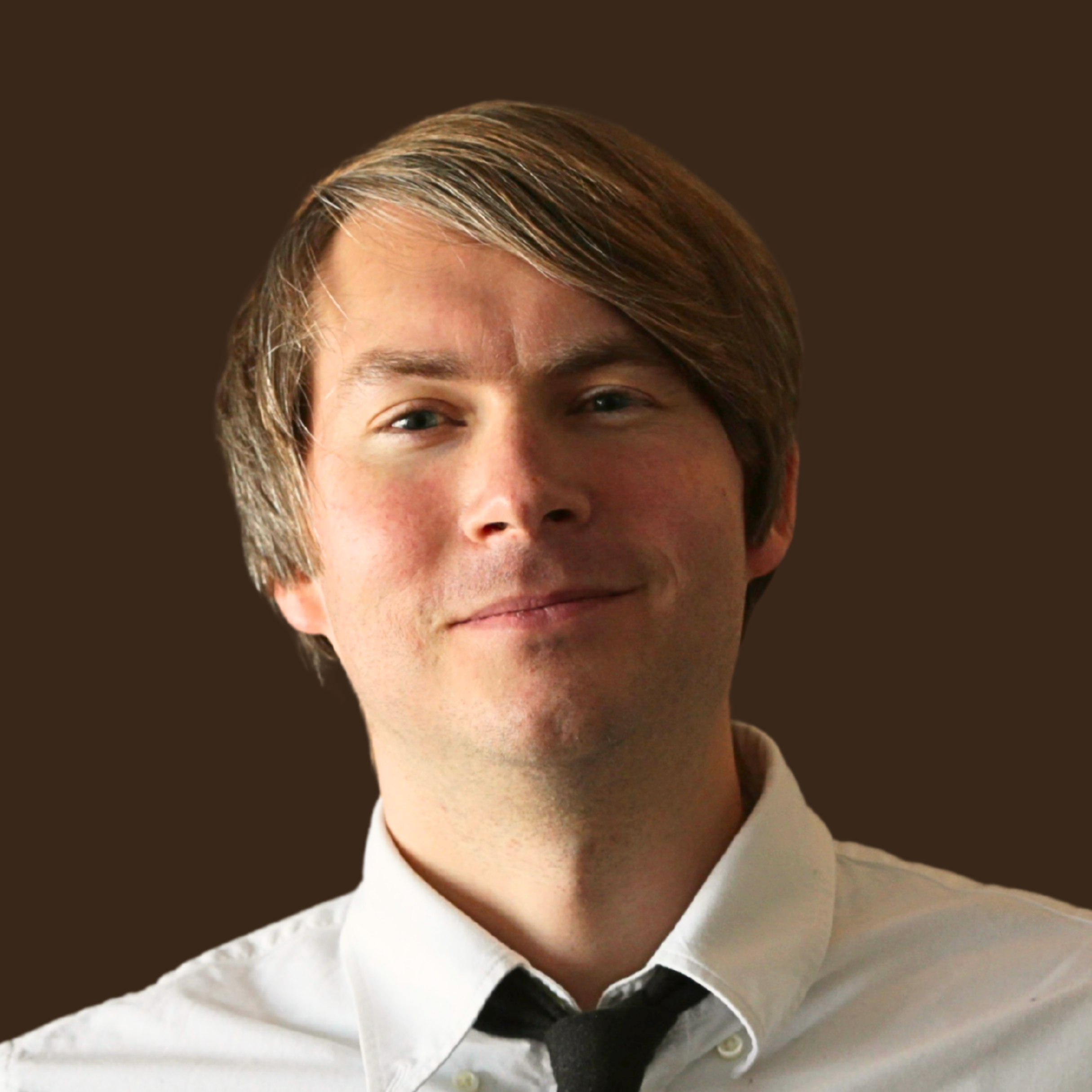
Education is Moving in Radical Ways - A Conversation with Prof. Thomas Nail
The following conversation is definitely a wild ride! It's not an argument often made, but I believe that one of the effects of our industrialised education systems is to create the illusion that the world is full of somewhat fixed and ordered things, that don't move or change much. My guest this week has been exploring the depths of these questions for a long time through the lens of movement. As you will hear, Professor Thomas Nail started this line of inquiry researching human migration, and went on to develop an entirely new discipline of the philosophy of movement by pulling at the threads of how far our collective obsession with order and stasis goes!
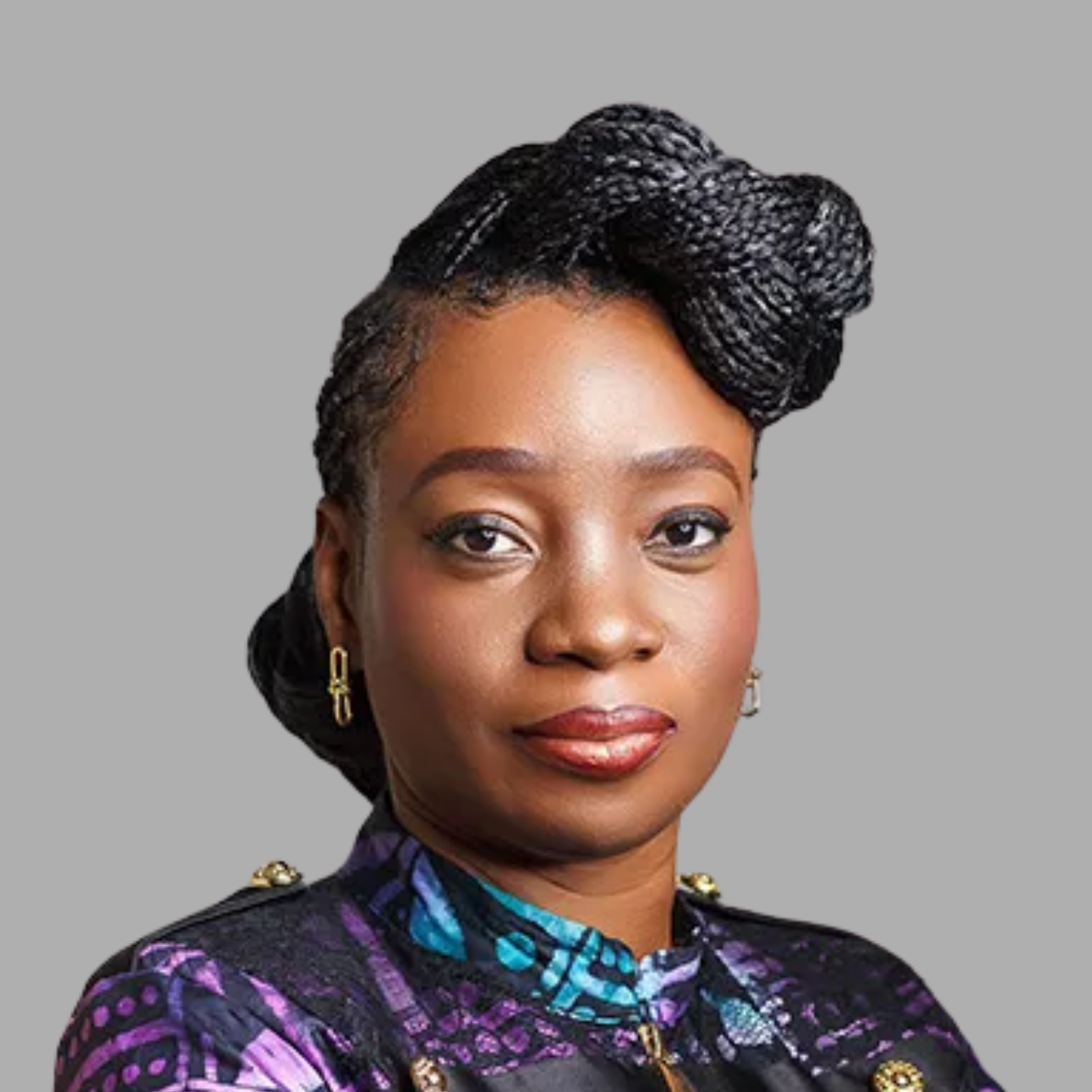
Learning What Matters, System Transformation in Africa - A Conversation with Dr Modupe (Mo) Olateju
It's pretty clear from the statistics that there is a huge youth demographic bulge on the continent of Africa. 40% of its population is aged 15 or younger (as of 2021). The population of young people aged 15-24 in Africa is projected to reach 500 million in 2080. But as Prof. Kingsley Moghalu from the African School of Governance said at Harvard University’s African Development Conference in April last year, there is no guarantee that this will lead to positive outcomes for individual young people, countries or the continent as a whole. In order to enable all these amazing possibilities education is going to be a key factor in these emerging possibilities and scenarios. There are few researchers, communicators or advocates of education across Africa more brilliant or well-placed than my guest this week to speak to these questions, Dr. Modupe (Mo) Olateju.
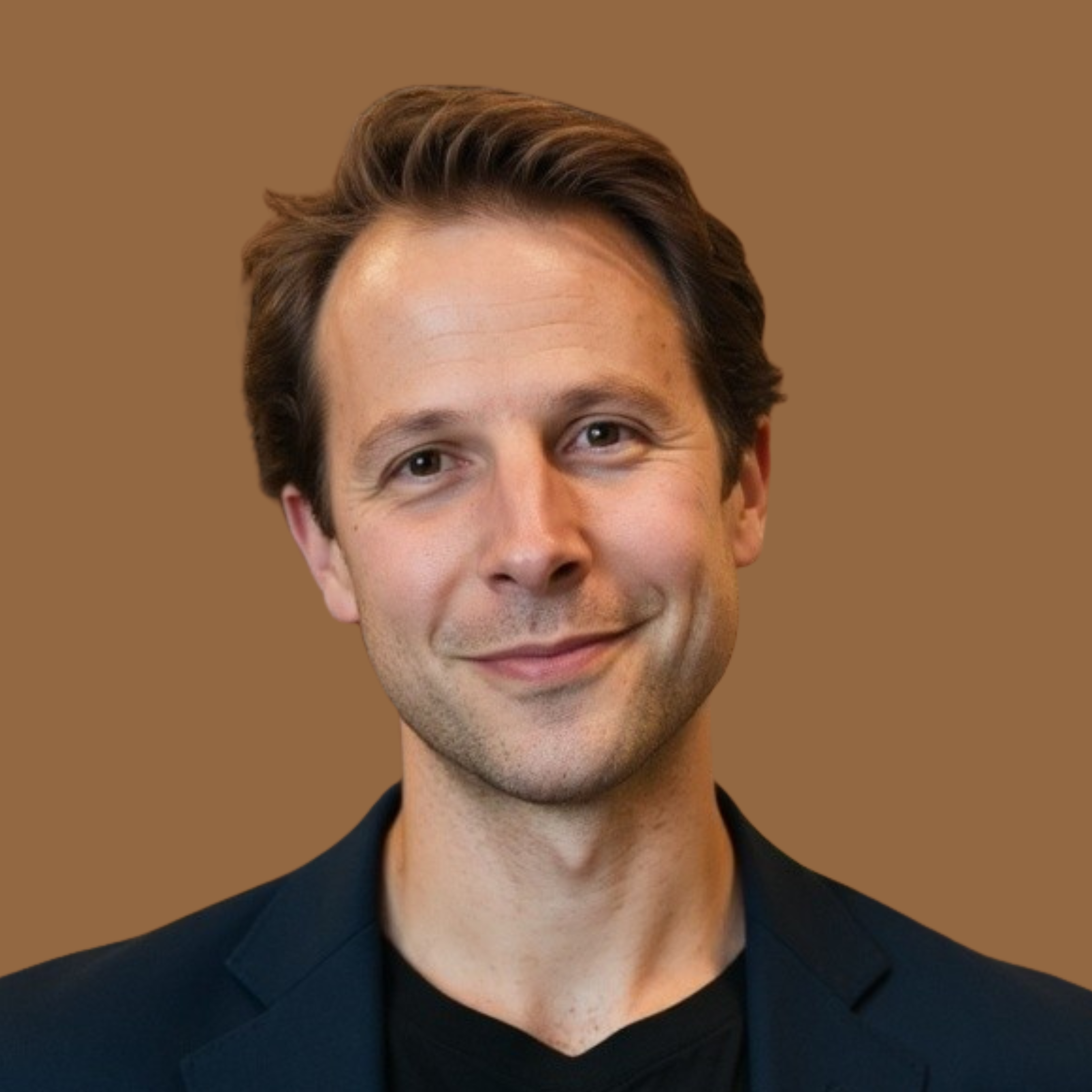
Our Digital Delusions - A Conversation with Dr. Jared Cooney Horvath
In the current context of ubiquitous digital tech and runaway generative AI, you'd think that a book calling out our collective delusions about digital tools in relation to learning wouldn't make much of a splash! But Jared Cooney Horvath's latest book 'The Digital Delusion: How Classroom Technology Harms Our Kids’ Learning - And How To Help Them Thrive Again' is currently #1 on the Amazon bestseller list in Educational Psychology and has been receiving a lot of love, including from actor and educational activist, Hugh Grant, and author of The Anxious Generation, Jonathan Haidt!
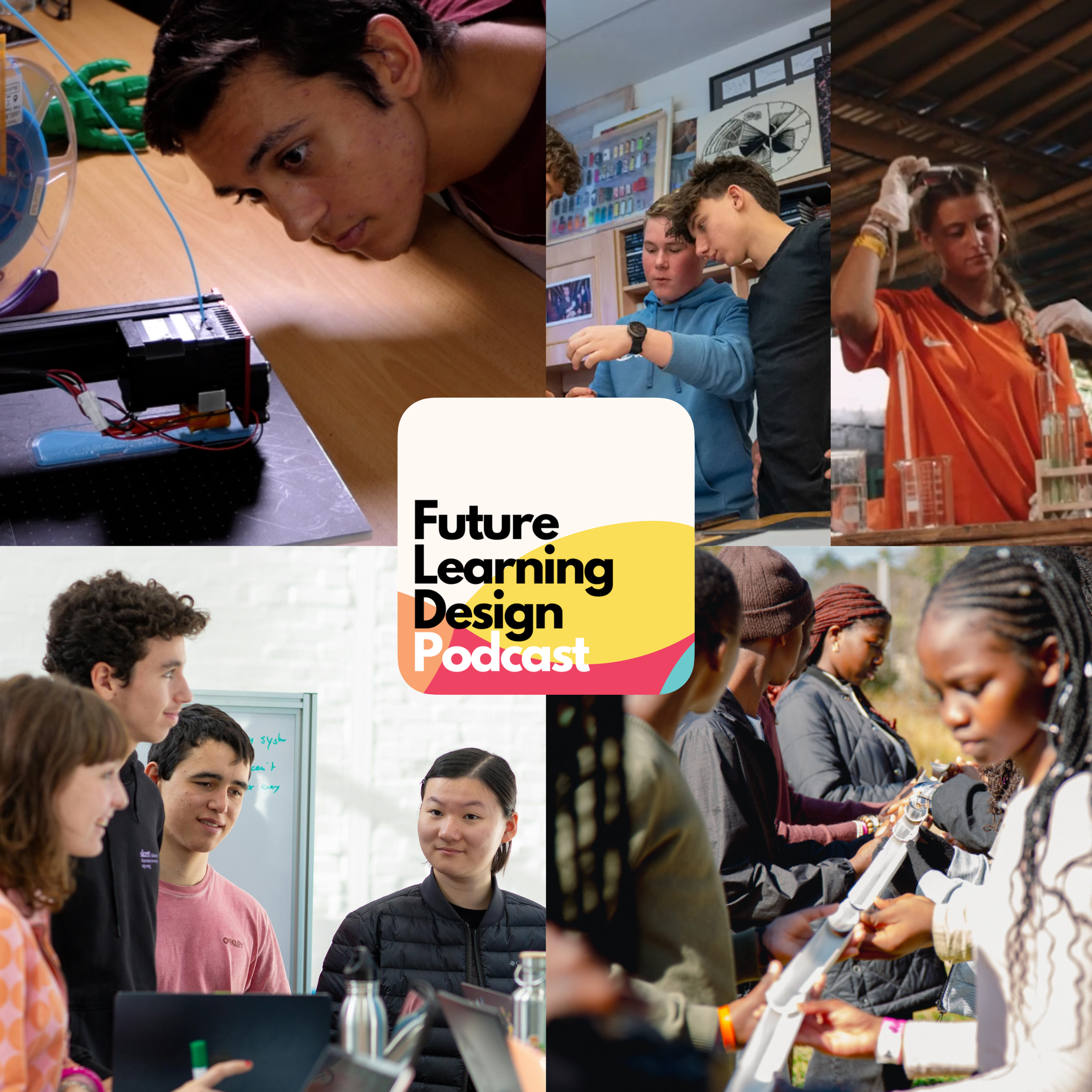
Global Pathways Innovations Mini-Series
The final years of high school is often the 'business-end' of formal schooling, where we often demand that young people just knuckle down and suffer the "rigours" of high stakes standardised exams and college entrance tests. But these conversations really show you that alternatives to this are not only possible, but happening! In this final mini-series of 2025, you'll hear about some of the most exciting things happening around the world for pathways through the upper end of high school from the voices of the young people involved in them.
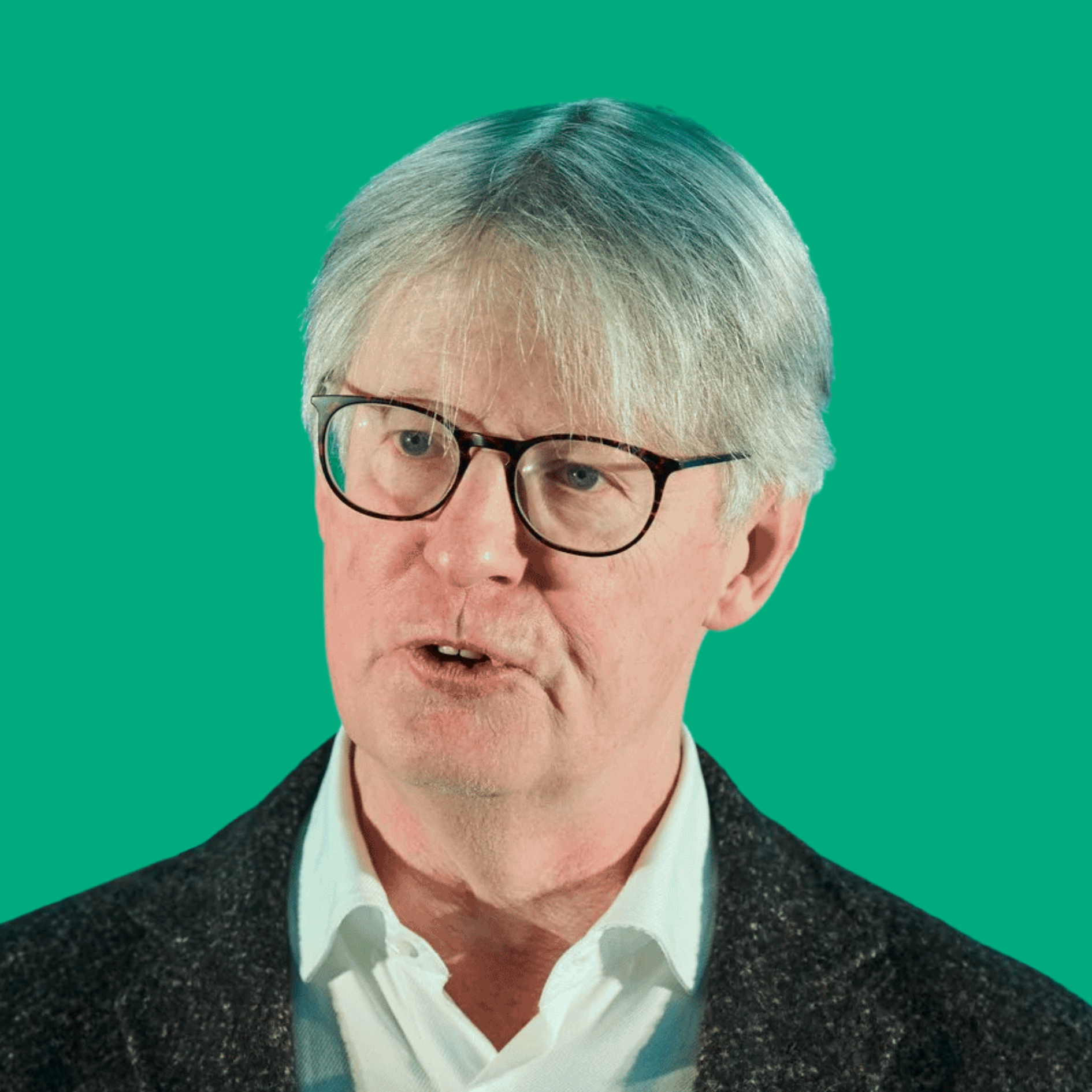
Education for Human Flourishing - A Conversation with Michael Stevenson
On 7th November, the OECD published a very significant statement of intent on Education for Human Flourishing. It is a conceptual framework that they say is helping to shape the international conversation about the future of education, national education policymaking, as well as the development of OECD’s Programme for International Student Assessment (PISA). I was very keen to explore this in more detail with the lead author and convenor of this work, Michael Stevenson.

What's Love Got to Do with Education? A Conversation with Dr. Laura Penn, Khadija Shahper Bakthiar, Jamie Bristow and Andrea Hiott
As we think about systems change, it's all too easy to get caught up the technical design of new institutions and 'system architecture'. But if we are being asked to consider a qualitatively different way governing, convening, educating, distributing resources - all of the fundamentals of society -then perhaps we can start by asking: What has LOVE got to do with any of it?

Rewilding Education - A Conversation with Prof. Hilary Cremin
The idea of rewilding is now a common topic of conversation in response to the depletion of biodiversity and natural habitats for local wildlife and widespread industrialisation and globalisation of food production. What about if we asked the same question in relation to the industrialised and standardised education system? What would it take to rewild education, as my guest this week asks?

Education as a Commons - A Conversation with David Bollier
For the last 150 years we've gotten used to compulsory standardised schooling being provided at scale by either the state, as public government schools, or by the market, as private fee-paying schools. I'm fascinated by the question of what alternatives there might be to this binary choice. Home-schooling networks, religious and intentional communities are certainly examples, but often still very much at the margins. My guest this week, David Bollier, is a global expert in the the way that communities work together to steward shared resources often known as the Commons, rather than relying on the market or the state.

Learning as If Life Depended on It - A Conversation with Olli-Pekka Heinonen
EXCLUSIVE! It is my huge privilege this week to be able to share this interview with IB Director General, Olli-Pekka Heinonen, about his new book 'Learning as If Life Depended on It' which is released on November 4th. There are a lot of people searching right now, including me, including this podcast, searching for different ways in and through many of the global challenges that we are facing. And as many people will conclude, education and learning are central to these questions of how we find our way! How do we learn together, across generations, in communities in ways that will enable the capacities of our youngest humans to thrive long into their futures?

Career and Life Pathways for Young People in Turbulent Times - A Conversation with Global Experts
One of our main roles as educators is to support and help our young people figure out who they are and how they want to contribute to the world. Given our current context of rapid technological change with social, technological and ecological challenges, questions about decisions for university, training and future options for young people is becoming increasingly challenging. Similarly, for educators and career and college guidance counsellors too, to be able to continuously navigate this rapidly changing terrain.

Learning Peace to Resolve Conflict, not Remove It - A Conversation with Dr Luke Roberts
In 1981, the UN established the International Day of Peace to commemorate and strengthen the ideals of peace. In a time when both the influence of multilateral institutions like the UN is being questioned, and the peace we need is in rapidly shortening supply as violence becomes the norm, my guest this week is doing amazing work with communities to find more peaceful paths through questions of conflict resolution by taking a systemic and complexity-informed approach. How we engage our young people in responding peacefully to the inevitable conflict they experience in their own lives feels like a critical part of what we do as educators, but so is being open to question the way in which violence and harm can also be normalised by the systems in which we live and work.
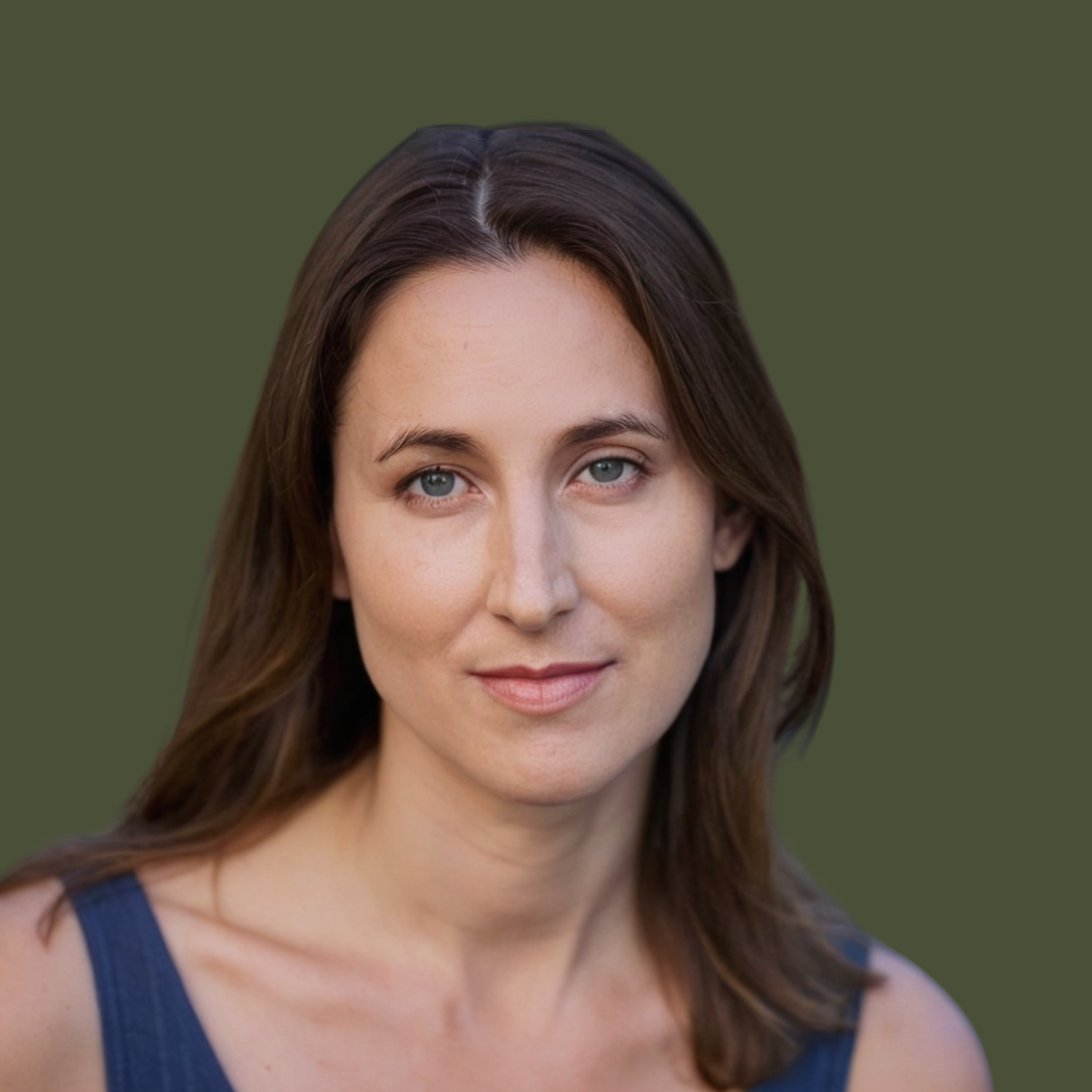
Moving Beyond Binaries in Learning, Loving, and Living - A Conversation with Andrea Hiott
The way we often think and talk about learning, teaching and education is still so rooted in the dominant language of training and mechanistic metaphors of the brain as a computer. And there is a still a widespread lack of awareness of the emerging insights of cognitive science - often called 4E cognitive science, referring to embodied, embedded, extended and enactive cognition. This is the idea that our understanding, thinking and learning in the world happen in our relationships with each other, our environments, the tools we use, and our bodies, not just as abstract representations in our brains.
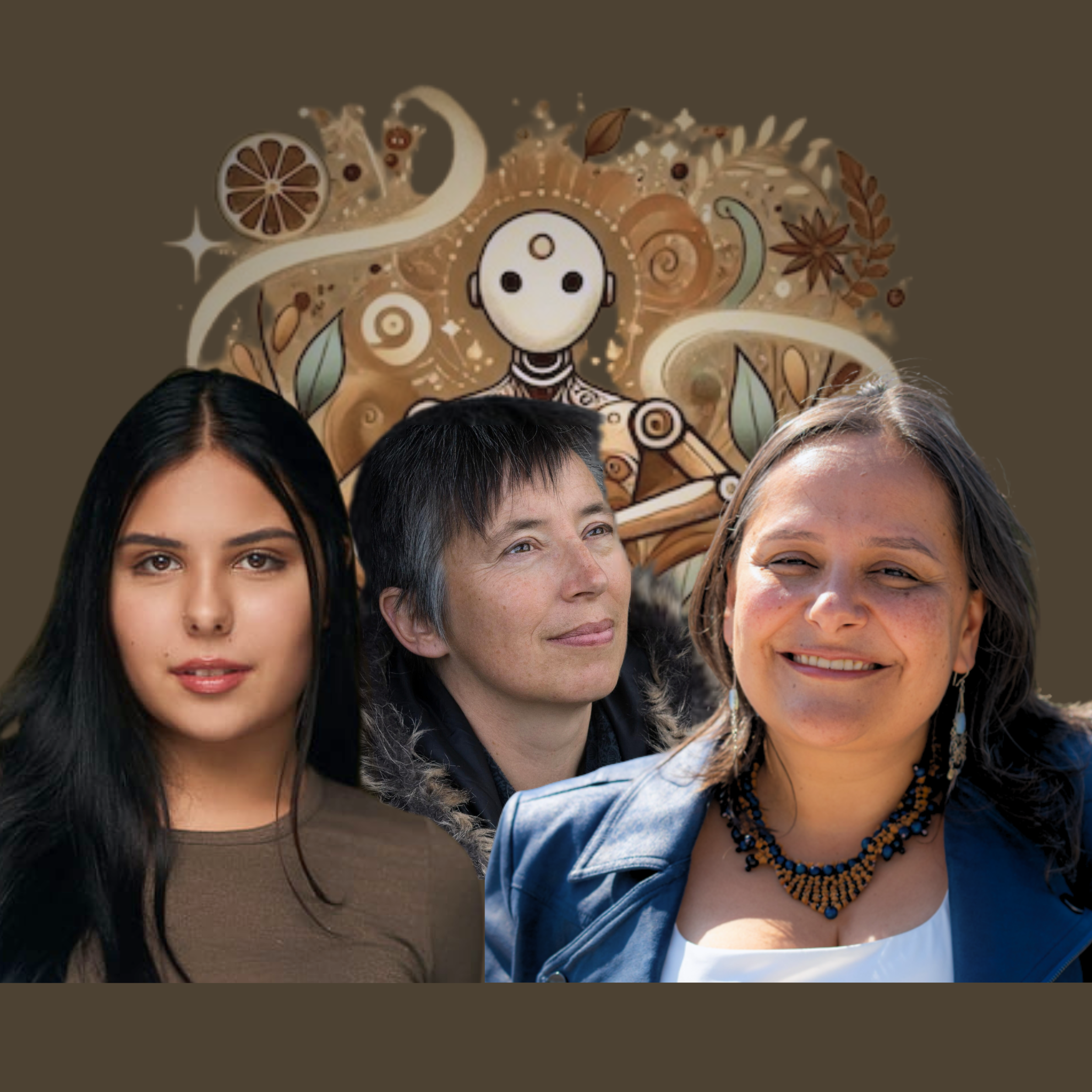
Outgrowing Modernity - A Conversation with Vanessa Machado de Oliveira Andreotti, Giovanna de Oliveira Andreotti and Manda Scott
To mark the moment and celebrate the release of Vanessa Machado de Oliveira Andreotti's new book 'Outgrowing Modernity: Navigating Complexity, Complicity, and Collapse with Accountability and Compassion', we are so happy to be able to bring you this fantastic episode! It is the sequel to Vanessa's 'Hospicing Modernity', which was published in 2021 and in four short years has become one of the most important books of the century. This new book is arguably even better, and Krista Tippett, the award-winning journalist, author, and public intellectual has called it "a moral, intellectual, and spiritual masterpiece."
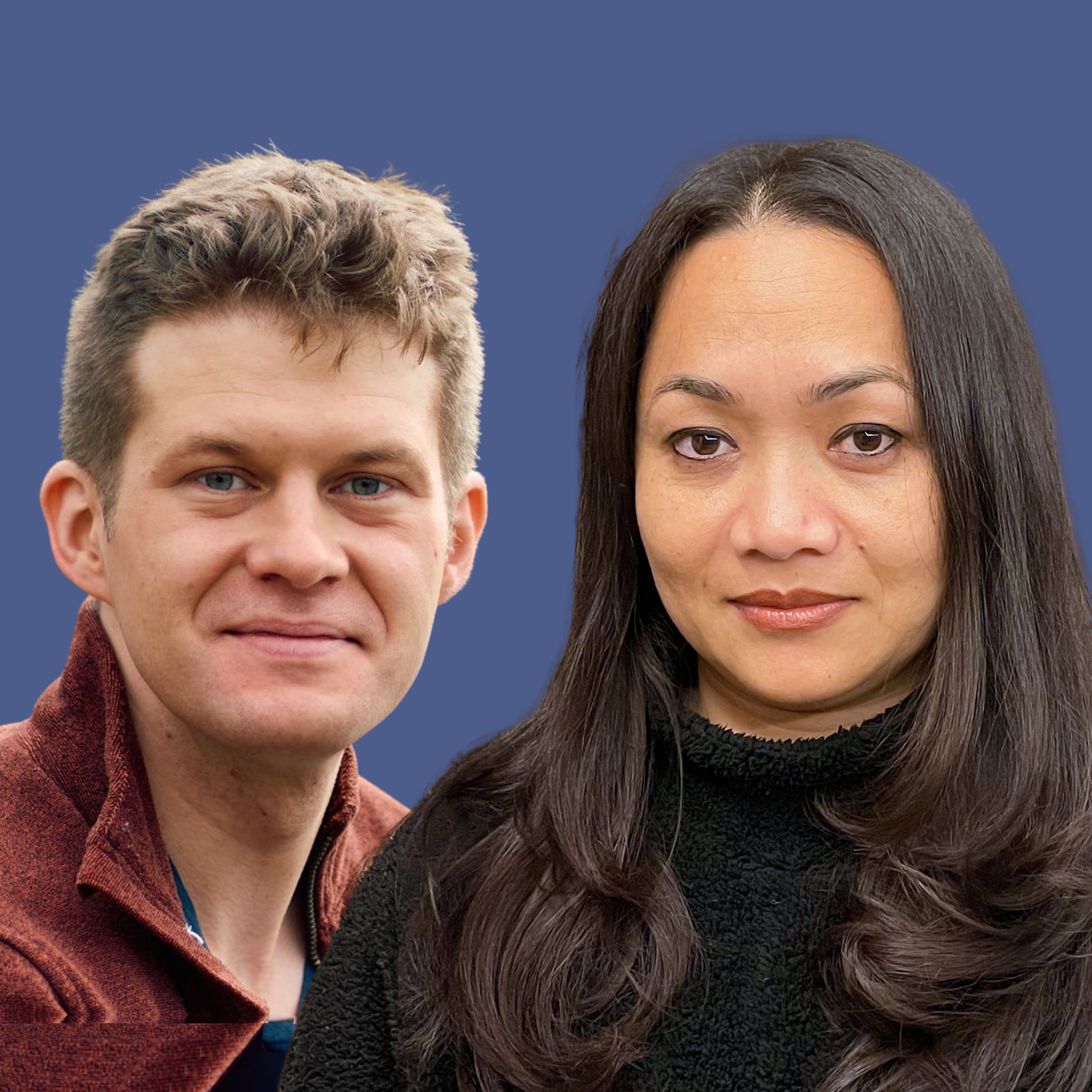
Reimagining Development - A Conversation with Dr Uma Pradhan and Dr Peter Sutoris
What it means to be an educated person or have an educated population as a country is a big part of what informs the decisions around industrial, economic and education policy. But built into these questions are some fundamental assumptions about what it means to make “progress” or be “developed” as a society. And beneath that particular values about what it means to know and be in the world. My guests this week have been exploring these precise questions in the context of international development…

Sparking Curiosity and an Ethic of Care Across Continents - A Conversation with Ramji Raghavan
As I explore different aspects of the education transition that we need globally, and is emerging, it is increasingly clear that schools (or what might replacement them) won't be the only thing required. There is a huge amount of possibility and power in a broader ecosystem of organisations and networks taking different roles in enabling a more creative, meaning-rich, relational educational experience for young people and for communities. This week it is a huge privilege to be able to share the story of one such organisation that has been quietly getting on with incredible and impactful work doing precisely this for the last few decades at an absolutely massive scale across India.
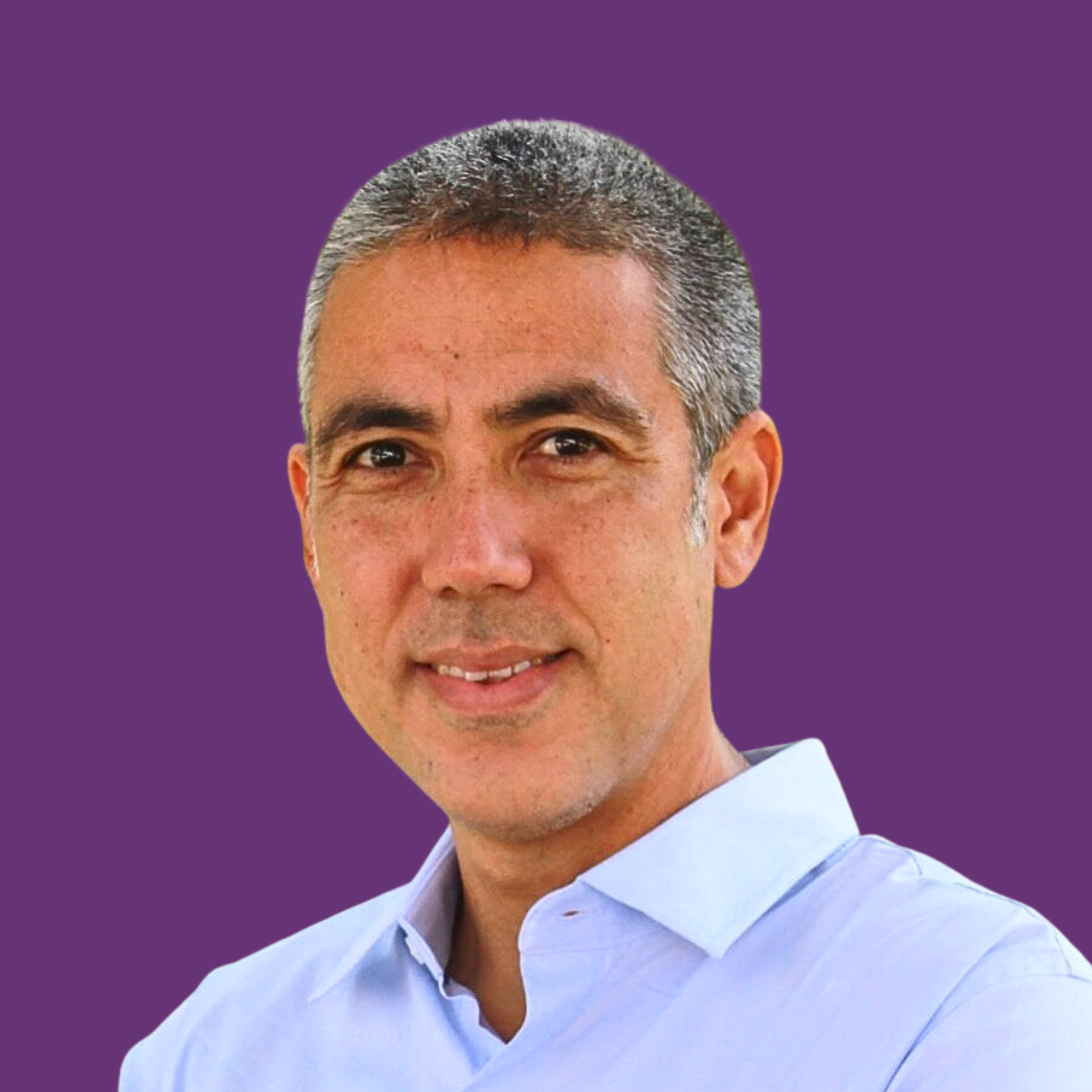
Going Back to First Principles to Replace "School" - A Conversation with Dr Kapono Ciotti
If we are going to radically rethink and perhaps replace schools as the dominant institutions of education, what are the first principles questions that we should be asking? And what is the cultural rootedness and traditions that might provide a sense of guidance for these questions? I can't think of a better person to be exploring this with than Dr Kapono Ciotti, whose work in leadership and collaboration across countries, cultures and systems, and across decades, has allowed him to see and participate in these fundamental and urgent questions from many different perspectives.
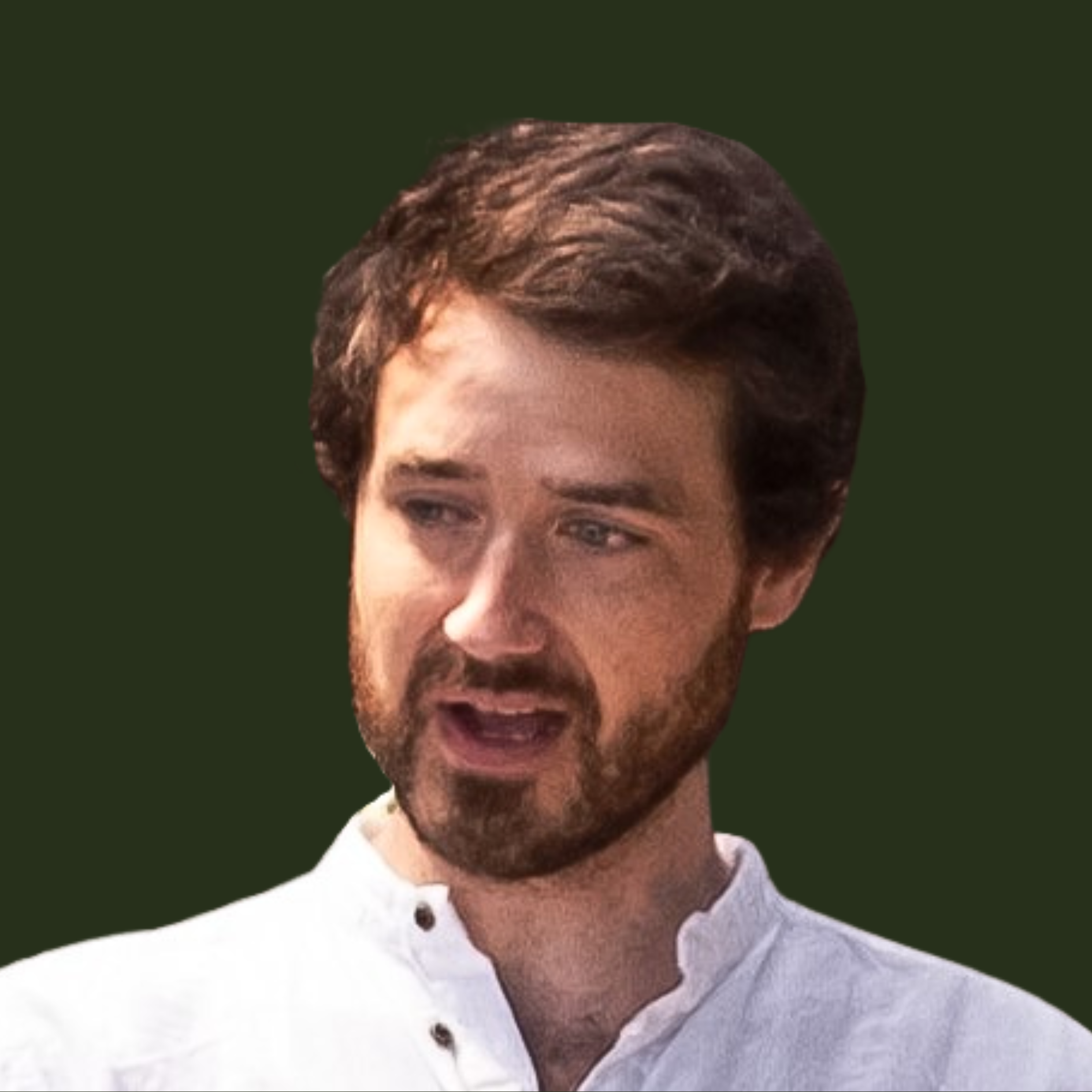
Making Meaning, Not Making Sense - A Conversation with Sam Crosby
In the business of education someone telling you that something doesn't make sense is usually the moment to step in and explain, support and resolve the confusion. Helping young people make sense of the world Is our job isn't it? But what if making sense sometimes gets in the way of making meaning?! What is our job as educators in creating opportunities for young people to cultivate meaning in their lives, however that might happen for them? I absolutely loved this comversation with Sam Crosby this week, as we explored his work around the role of ancient myth, story and elders in responding collectively to the times we're in, that many see as a crisis of meaning.

Evaluating Competencies to Go Beyond Education - A Conversation with Michaela Horvathova
“Are we valuing what we measure or measuring what we value?” It's probably a familiar question to many of you. And this week we're taking a detailed and reflective look at the role of measuring complex competencies in our schools, with Michaela Horvathova, as this is often a big part of the discussion about what needs to change in formal education.


